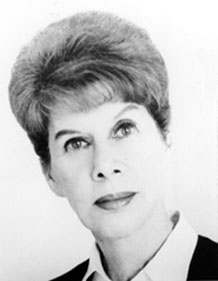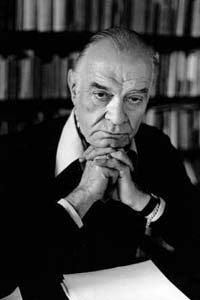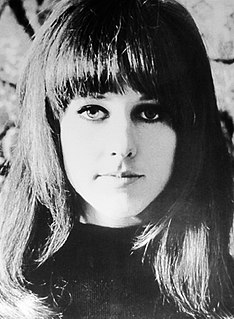A Quote by Harold Evans
I love craftsmanship of any kind, a job well done either by my chiropractor or carpenter, and I am addicted to print, the type, the ink. But my basic passion is journalism and I can't live without being online.
Related Quotes
The pleasures of love are for those who are hopelessly addicted to another living creature. The reasons for such addiction are so many that I suspect they are never the same in any two cases. It includes passion but does not survive by passion; it has its whiffs of the agreeable vertigo of young love, but it is stable more often than dizzy; it is a growing, changing thing, and it is tactful enough to give the addicted parties occasional rests from strong and exhausting feeling of any kind.
You are wrong if you think you cannot live without love. I cannot live without it. I do not mean that I go into a decline, develop odd symptoms, became a caricature. I mean that I cannot live well without it. I cannot think or act or speak or write or even dream with any kind of energy in the absence of love. I feel excluded from the living world. I become cold, fish-like, immobile. I implode.
We may live without poetry, music and art; We may live without conscience, and live without heart; We may live without friends; we may live without books; But civilized man cannot live without cooks. . . . He may live without books,-what is knowledge but grieving? He may live without hope,-what is hope but deceiving? He may live without love,-what is passion but pining? But where is the man that can live without dining?
Passion. It lies in all of us. Sleeping... waiting... and though unwanted, unbidden, it will stir... open its jaws and howl. It speaks to us... guides us. Passion rules us all. And we obey. What other choice do we have? Passion is the source of our finest moments. The joy of love... the clarity of hatred... the ecstasy of grief. It hurts sometimes more than we can bear. If we could live without passion, maybe we'd know some kind of peace. But we would be hollow. Empty rooms, shuttered and dank. Without passion, we'd be truly dead.
It was by coincidence that I ended up opening my first shop in 1968, and I haven't stopped since. I now find myself trying to do everything. I couldn't live without creating my collections, without writing, drawing and reading. But I couldn't either live without being close to my children on a daily basis and also to my grandchildren, and to all the people I love. I guess I am like every woman today, one who juggles her work and family life.
A big barrier to people getting help with online harassment is the general attitude either that it's not a real issue - that it's 'only' online - or that it's limited to someone saying they don't like you, and all of that stems from a basic misunderstanding of what we mean when we say 'online harassment.'
I think what you have to do in print is to create even more memorable images and more memorable pieces because what one consumes online or in social has a much shorter shelf life, so to speak, so what print has to have is no more weight, but it has to be something that you can't find so easily online. It has to really stand for print.
I feel like I see so much online of people being cynical about never being able to find love, and it's become, like, cool. You don't need it by any means. You can live without it, and you can totally be self-independent and happy. But you can also be in a great relationship that's rewarding and loving and caring - and that exists.
I always thought that digital first was a simplistic notion, and I am not even sure quite what it means. It should be stories first. Let's take the Paris story: the New York Times covered it all day, we held nothing back. Everything we learned, we published online. Then, when you approach your print deadline, you have to do two things. You have to polish those stories that are online because print is less forgiving of mistakes. Secondly, in an ideal world, you pick one thing that will feel fresh and compelling to people in the morning when they pick up the print paper.
What the church should be telling the worker is that the first demand religion makes on him is that he should be a good workman. If he is a carpenter he should be a competent carpenter. Church by all means on Sundays-but what is the use of church if at the very center of life a man defrauds his neighbor and insults God by poor craftsmanship.
You must give what will cost you something. This, then, is not just giving what you can live without but what you can't live without or don't want to live without, something you really like. Then your gift becomes a sacrifice, which will have value before God. Any sacrifice is useful if it is done out of love. This giving until it hurts - this sacrifice - is what I call love in action.

































